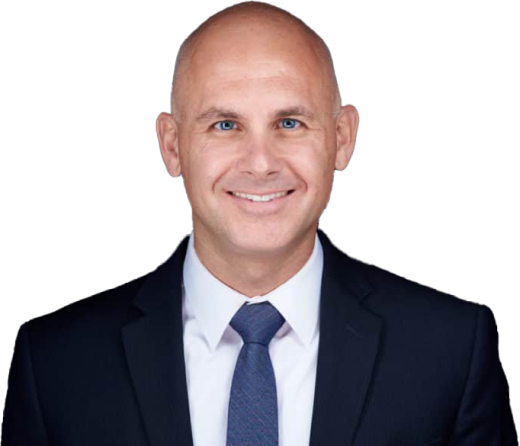When a medical professional fails to provide the standard of care expected in their field, they may be liable for medical malpractice. Medical malpractice can take many forms and can have devastating consequences, both financial and physical.
It is imperative that you understand what constitutes medical malpractice and what must be established to prove that the doctor deviated from the accepted standards of care. Our medical malpractice attorneys at H&P Law can assist you with filing a med-mal claim to hold negligent healthcare providers accountable for their negligence and errors.
Common Forms of Medical Malpractice
Below are some of the most common forms of medical malpractice that may entitle the patient to financial compensation.
1. Misdiagnosis or Delayed Diagnosis
A misdiagnosis or delayed diagnosis occurs when a doctor fails to diagnose a condition accurately or in a timely manner. This can cause serious health problems for patients when treatments are delayed or incorrect treatments are administered. A misdiagnosis could also mean that patients are denied access to appropriate care due to an inaccurate diagnosis. In cases like these, it is possible that the patient could file a medical malpractice lawsuit if they believe that their doctor acted negligently.
2. Surgical Errors
Surgeries come with inherent risks—but when those risks stem from surgical errors made by the surgeon or other members of the operating team, then it may be considered medical malpractice. Examples include leaving instruments inside a patient after surgery, performing surgery on the wrong body part, and administering an incorrect dosage of anesthesia during surgery.
3. Medication/Prescription Errors
Medication/prescription errors occur when incorrect medications are prescribed or administered to patients—or when existing medications are incorrectly adjusted without taking into account any interactions with other medications the patient may already be taking. It is important for doctors to monitor their patients closely for any negative reactions to medication and make sure that all prescriptions are filled correctly at the pharmacy before being taken home by the patient.
Fact: According to the Academy of Managed Care Pharmacy, medication errors harm an estimated more than 1.5 million people every single year.

4. Hospital Errors
Hospital errors include any mistakes made by hospital staff that result in injury or death to patients due to negligence or incompetence on behalf of hospital personnel, such as nurses and technicians who perform routine tasks in hospitals (e.g., drawing blood and administering medications). Hospital errors could also include any contamination caused by unclean equipment used during procedures as well as inadequate monitoring of patients during their stay in hospital beds (e.g., failing to monitor vital signs).
5. Failure to Obtain Informed Consent
Before any procedure is performed on a patient, they must give informed consent—that is, they must understand all potential risks associated with the procedure and agree to them voluntarily before it is administered. When informed consent is not obtained, this could constitute medical malpractice if something goes wrong during the procedure due to negligence on behalf of the doctor performing it without first obtaining informed consent from the patient(s).
Speak with a Medical Malpractice Attorney Today
Medical malpractice can take many forms. If you suspect you or your loved one has been affected by any type of medical malpractice and would like more information about filing a claim against your healthcare provider(s), reach out to H&P Law for legal guidance. Our attorneys will help you navigate Nevada’s laws surrounding medical malpractice and assist you with preparing all necessary documentation and records for your legal claim. Call (702) 598-4529 today to get a consultation.




